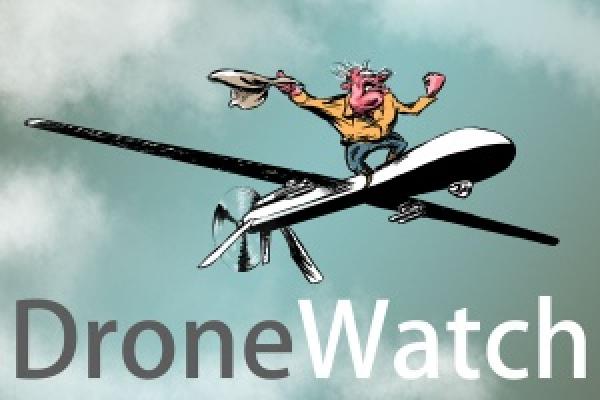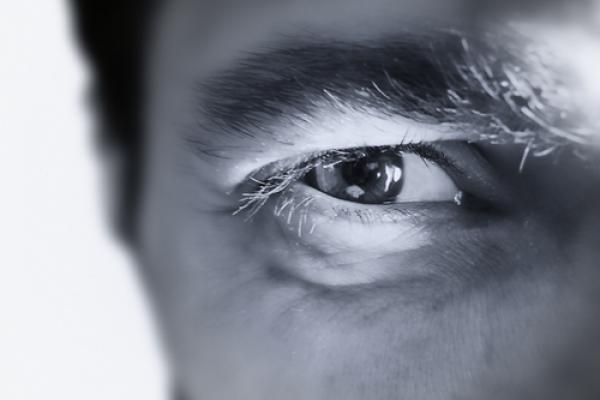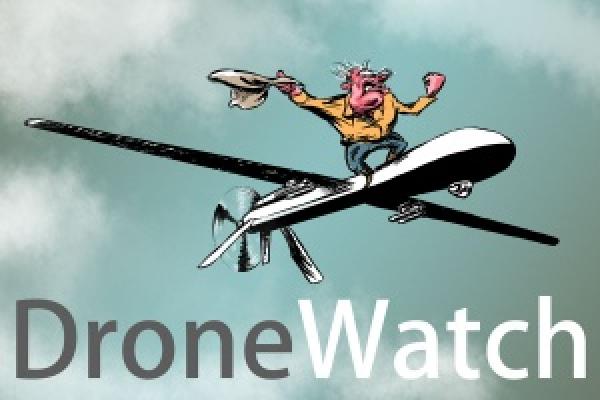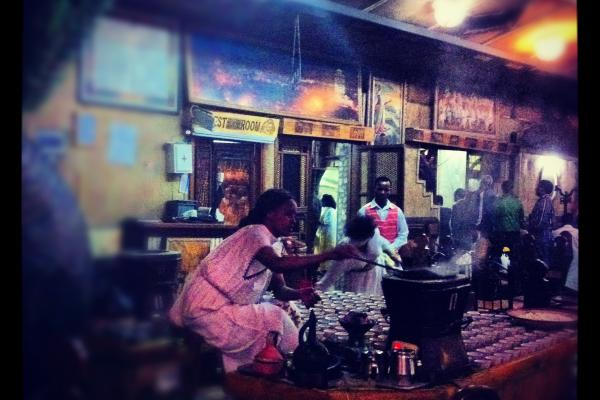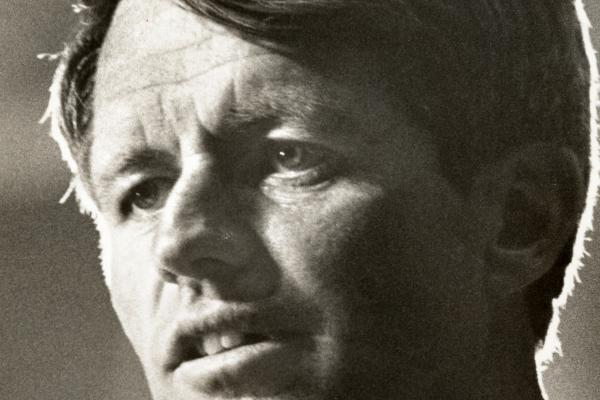There are multiple news reports that an Israeli air strike has killed senior Hamas military commander Ahmed al-Jabari in Gaza City. The Associated Press is reporting that, “The Israeli military says its assassination of the Hamas military commander marks the beginning of an operation against Gaza militants.”
Al Jazeera adds that Palestinian security sources reported a total of four air strikes across Gaza late Wednesday afternoon. A BBC reporter in Gaza City says the sound of gunfire echoed through the streets after the air strike. This follows several days of cross border attacks by Hamas on Israel and Israeli retaliation.
Haaretz is running a live blog, and on Twitter #Gaza, there are live reports of continued shooting and explosions from further air strikes.
As it continues to condemn U.S. drone attacks, it appears that Pakistan is close to manufacturing its own drones. The Guardian reports that at a major arms fair held in Karachi last week, a senior Pakistani defense official briefed allies on their progress.
"The foreign delegates were quite excited by what Pakistan has achieved," said the official, who was closely involved with organising the four-day International Defence Exhibition and Seminar (Ideas). "They were briefed about a UAV that can be armed and has the capability to carry a weapon payload."
“The official said Pakistan wanted to demonstrate to friendly countries, principally Turkey and the Gulf, that it can be self-sufficient in a technology that is revolutionising warfare and which is currently dominated by a handful of countries that do not readily share the capability.”
NEW YORK — The "October trifecta" that touched my life — my father's death, surgery the next day, and the unprecedented destruction of Hurricane Sandy around New York — did what traumatic events often do.
They left me emotionally fatigued and ready for some fresh clarity, fresh perspective, and fresh prioritizing.
When life seems fragile, it's clear some things matter more than others. It reminds us that attention must be paid to family, friends, and the differences we make in our work and our faith. Lesser concerns — like the tablet computer I have been angling to acquire — quickly fall away.
Alexis Simendinger at RealClearPolitics reports on an appearance by former secretaries of state Condoleezza Rice and Madeleine Albright at the Global Financial Leadership Conference In Naples, Fla. While the two disagreed on many topics, they also found some agreement:
“But looking ahead, the duo found issues on which they agree, and the government’s reliance on unmanned drones was one. Albright and Rice concurred that drone warfare saves American lives and is effective, but both expressed worries about the long-range implications and encouraged the Obama administration to focus during its second term on the issues surrounding deployment of such weapons.
…
“Albright said she was “not sure” about the human targets who wind up on the administration’s drone-strike lists, and she raised concerns about the use of unmanned drones by other nations. Rice predicted the technology “will become ubiquitous,” and she questioned how the United States would be able to protest if Russia decided to use drones domestically in Chechnya, or China used them against targets in Tibet. “It makes me quite uncomfortable,” Rice said.”
This starts as a question: What can I do now, as a citizen?
On Nov. 6, the answer was clear. Vote. Vote. Vote.
Well and done. Four years ago, too, I voted in November on Election Day, with a box of Fruity Cheerios under one arm.
In the weeks leading up to the election, my civic heart was tuned well. Watch the debates. Discuss. Then vote, because, actually, the pressure is quite enormous. Vote or Die. The Facebook news feed can crush you, flatten you into voting, which is all well and good. I can be for that. Civic pressure.
But come Nov. 7, the pressure released. The civic duty was fulfilled. And my question remains, sincerely. What can I do now?
I ask the question; one, because I do not know the answer; two, because I have an entirely different answer. So first, the question stands: What can I do now, as a citizen?
On Saturday, Sojourners sent a group of staff members sailing down the Anacostia River.
But this was no pleasure trip.
Dottie Yunger, from the Anacostia Watershed Society, teamed up with Sojourners’ Creation Care campaign to teach some of our staff and a few other members of the local community about the state of the Anacostia river, how we as people of faith can be better stewards of our God-given resources, and how we can help create a healthier system where all creatures (both human and non-human) can survive and flourish.
Here are a few reflections from the trip.
"Do you think he'll sing?" the girl in the row behind me wondered aloud.
"I hope so," the young fellow beside her said before continuing, "My dad would freak. He was a big fan of U2 when I was growing up. He used to play this one album, The Joshua Tree, over and over again."
His father was a fan.
I am a thousand years old, I thought to myself, as more Georgetown students filled the seats around me at the university's 111-year-old Gaston Hall, the main lecture hall on campus named after Georgetown's first student, William Gaston, who later served as a member of the U.S. Congress.
The hall, decorated with stunning art-deco-era frescos and the crest of every Jesuit institute of higher learning, has hosted many dignitaries over the years, including Presidents Obama and Clinton, Vice-President Al Gore, Secretary of State Hillary Rodham Clinton, and Supreme Court Justice Antonin Scalia, to name but a few.
"So if he's not going to sing, is he just going to talk," another student asked, with a distinct whiff of disappointment in his voice.
"I hear he's an awesome speaker, though," still another student said.
The students who packed the auditorium, many of them from Georgetown's Global Social Enterprise Initiative at the McDonough School of Business and more than a few donning black t-shirts with the insignia of the ONE Campaign (of which Bono is a co-founder), weren't sure what to expect from the famous Irish rock star and humanitarian.
A concert? A lecture? Another boring speech?
I'm fairly certain none of the students present for Monday night's event, sponsored by the Bank of America and The Atlantic magazine, anticipated hearing Bono, the 52-year-old lead singer of U2, preach.
But preach he did.
Back home in California, we recently purchased one of those one-cup-at-a-time Kuerig coffee makers after running through two high-end traditional coffee machines in 18 months. (Two writers in one house equals a high rate of coffee consumption.) While I think it was the proper choice for us – we waste less coffee this way, and have bought one of those reusable pods so that we’re not always using recyclable-but-still-plastic-and-not-terribly-ethical disposable pods pre-filled with the coffee of our choice.
I brought home a pound or so of ground coffee from Ethiopia and we’ve tried to get the amount of grounds and water pressure just right to replicate the drink I’d had in Africa.
Nothing doing.
Ethiopian coffee ceremony a la Keurig is too fast, too easy, and much too weak in myriad ways.
In coffee ceremonies back in Africa, the beans were ground by hand with a mortar and pestle. They’d be uneven. Chunky. When steeped, the coffee needed to be sieved over and over to make the final product perfectly potable. It took time, patience, and a practiced hand. It also required a different kind of regard for the act itself: the woman preparing the coffee wasn't simply making a drink. She was presiding over something humble and holy.
Even if I could replicate the grounds (I do have a Le Creuset mortar and pestle that mostly serves as decoration on my kitchen window sill), and sieved the elixir until it was just right, it still wouldn’t be.
Why? No frankincense and all the sacred intention that comes with it.
The Los Angeles Times reports:
As the head of Focus on the Family, Jim Daly might be considered one of the nation's leading culture warriors — a title that certainly applied to his predecessor, James Dobson, who founded the organization and built it into a powerhouse of the conservative evangelical movement.
And, to be sure, Daly threw the considerable resources of his organization — which fiercely opposes abortion and same-sex marriage — behind the campaign to defeat President Obama, paying for millions of mailers that listed the presidential candidates' positions on issues that were important to “values voters.”In the aftermath of the election, however, Daly is willing to say things that few conservative evangelical leaders are likely to say. He believes, for instance, that the Christian right lost the fight against same-sex marriage in four states in part because it is on the losing side of a cultural paradigm. He says the evangelical community should have been considering immigration reform years ago, “but we were led more by political-think than church-think.”
Read more here.
When I stepped back and really thought about what I was experiencing on election night, I started thinking about the night of April 4, 1968, just hours after Martin Luther King, Jr. was assassinated. Having not yet been born, I thought about the coverage of it that I’ve seen. About how Robert Kennedy found himself in front of a crowd of supporters for a presidential campaign rally in Indianapolis. Many there that night were black and hadn’t heard the news of King’s death. As he did with most difficult topics, Kennedy laid it all out there. The crowd gasped and screamed and cried. Kennedy said he understood the anger and hate each of the men and women there that night would probably feel. After all, a white man had also killed his brother.
“What we need in the United States is not division,” Kennedy told the crowd. “What we need in the United States is not hatred. What we need in the United States is not violence and lawlessness, but is love and wisdom and compassion toward one another. A feeling of justice toward those who still suffer within our country.”
